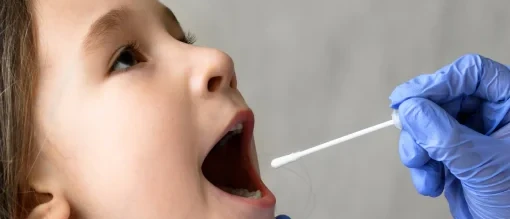- Drug and Alcohol
Court approved hair, nail, blood drug and alcohol testing - Maternity and Paternity
Ministry of Justice approved legal DNA testing - Wider Relationships
Understanding second and third degree familial connections - Immigration
Home Office approved testing for visas and passports - Expert Services
Court standard expert witness reporting - International DNA Collection
Home Office approved DNA collection from overseas
Introduction to Benzodiazepines
The sedative, Benzodiazepines, are common antidepressants that are prescribed in the UK to treat anxiety, insomnia, and seizures. Statistics reveal that over 1.4 million people were prescribed the medication over 12 months. Because it's so common, it makes sense to use a benzodiazepine drug test to detect misuse.
Benzodiazepines, also classified as benzos, function as a depressant drug. They work by slowing brain activity and enhancing specific neurotransmitters to relax the muscles and induce a state of calm.
Even though their most common availability is via medical prescriptions, they are categorized as Class C drugs in the UK under the Misuse of Drugs Act 1971. They are controlled drugs and need a prescription for them to be possessed. Otherwise, the illegal possession of these drugs can result in 2 years in jail and an unlimited fine. Production and supply of benzodiazepines can lead to 7 years imprisonment with an unlimited fine.
Benzodiazepines Street Names
- Benzos
- Downers
- Tranks
- Bars (specific to Xanax bars)
- Blues (Diazepam)
- Zannies
Benzodiazepines 's Chemical Structure
Benzodiazepines have the chemical structure: C15H10ClN3O. That chemical structure is effective at enhancing the neurotransmitter called GABA. As it's enhanced, the brain enters an almost sedative state and the user feels calm and the muscles relaxed. The way the chemical structure interacts with neurotransmitters in the brain is why it's so effective for anxiety, muscle spasms, and seizures. It is, however, highly addictive.

How To Test For Benzodiazepines
Available Testing Methods for Benzodiazepine include:
01
Hair
Long Detection Window (Months)
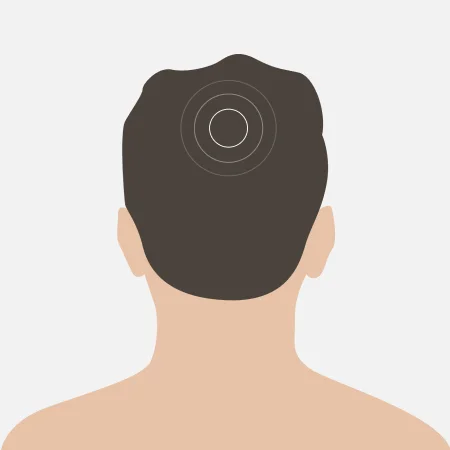
If you want to detect ongoing benzodiazepine misuse, hair drug tests are the most effective method. The metabolites stay in the keratin fibers of the hair for several months. As a general rule, each 1 cm of hair reflects 1 month of benzodiazepine use (typically up to six months).
Explore Hair Drug Test02
Fingernail
Long Detection Window (Months)

Nail drug tests are just as effective as hair drug tests for detecting benzodiazepine misuse, with a window of up to six months. Similarly, the metabolites become trapped in the keratin fibers in the nails.
Explore Fingernail Drug Test03
Urine
Medium Detection Window (Days)
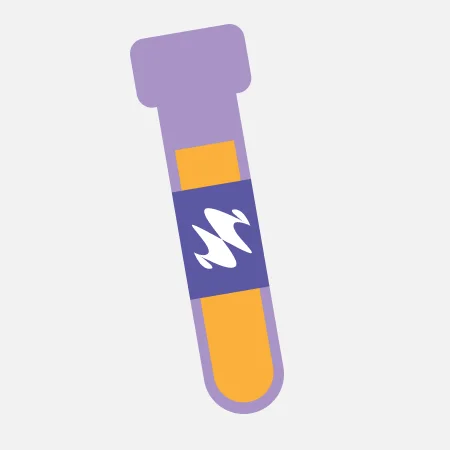
Urine tests are the most common method for detecting benzodiazepines. They identify metabolites that remain in the body after the drug is processed. Detection windows depend on the drug type: Short-acting benzodiazepines: Up to 3 days (e.g., Xanax) Long-acting benzodiazepines: Up to 10 days (e.g., Valium) Urine tests are non-invasive, affordable, and commonly used in legal, healthcare, and workplace settings.
Explore Urine Drug Test04
Blood
Short Detection Window (Hours to Days)
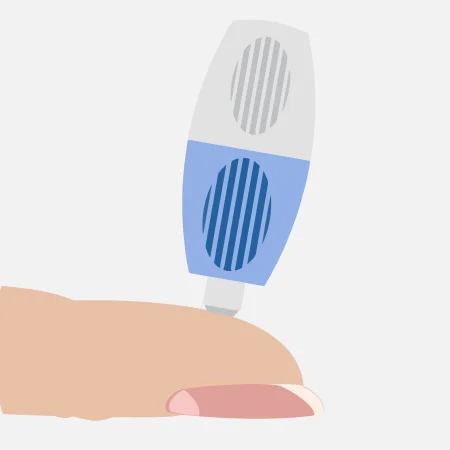
Blood tests provide the most accurate results for recent benzodiazepine use. However, the detection window is short - up to 24 hours for short-acting drugs and up to 3 days for long-acting drugs. Blood tests are often requested in roadside incidents or workplace accidents, but can also be ordered by legal professionals as part of an ongoing court case.
Explore Blood Drug Test05
Saliva
Short Detection Window (Hours to Days)
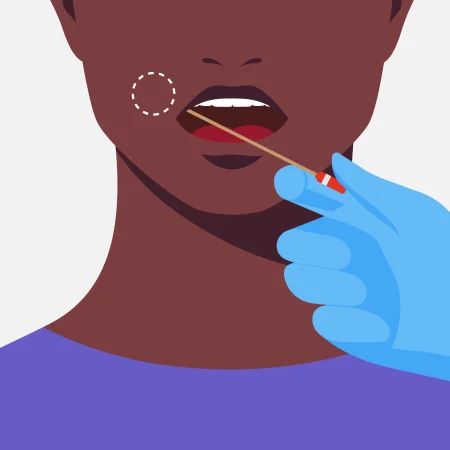
Saliva tests are gaining popularity because they're non-invasive and deliver quick results. However, they have a shorter detection window of around 24–48 hours after consumption. Saliva tests are ideal for detecting recent use but less effective for long-term monitoring.
Explore Saliva Drug TestLegitimate Use Cases for Benzodiazepines
While benzodiazepines are often associated with misuse, they have legitimate medical purposes. Prescribed under strict supervision, they can effectively manage:
- Anxiety disorders (e.g., Xanax, Ativan)
- Insomnia (e.g., Restoril)
- Seizure control (e.g., Valium, Klonopin)
- Muscle relaxation for acute injuries
- Alcohol withdrawal symptoms
These are valid uses when managed by a healthcare professional. However, misuse outside of medical supervision can quickly lead to dependence and addiction.
Will Benzodiazepines Show Up on a Drug Test?
Yes, benzodiazepines are detectable on drug tests. Benzodiazepine use will show on 6 and 10-panel drug tests but isn't included on 5-panel drug tests.
A benzodiazepine test looks for the drug and its metabolites - oxazepam, desmethyldiazepam, and temazepam. The metabolites stay in the body's systems for much longer.
Get a Quote
How Long Does Benzodiazepines Stay in Your System?
Detection varies depending on the drug type, dosage, and individual factors. Here’s how long they're likely to stay detectable in each body system:
- Blood Test: 24 hours to 3 days
- Urine Test: 3–10 days depending on the drug
- Saliva Test: 1–2 days
- Hair/Nail Test: Up to 3–6 months
Get a Quote
Factors Influencing Benzodiazepine Presence in Your Body
The presence of benzodiazepine in your body can be influenced by multiple factors:
- Type of benzodiazepine (short- vs. long-acting)
-
Time of consumption
-
How much was consumed
-
Metabolism
-
Overall health (kidney function, etc)
-
Mixing with other substances
Benzodiazepines Use in Legal Scenarios
Benzodiazepine testing is essential in legal cases, Some of the common legal scenarios requiring a benzodiazepine drug test include:
- Road traffic offences
- Probation monitoring
- Any criminal investigation
- Workplace drug testing
False Positives and Interpretation of Benzodiazepines Results
While rare, false positives can occur. Common causes include:
- Cross-reactivity with medications like sertraline or oxaprozin
- Lab errors or mishandled samples
Confirmatory tests like gas chromatography-mass spectrometry (GC-MS) can eliminate errors and improve accuracy.

Popular Culture and Benzodiazepines
Benzodiazepines have a strong tie to popular culture. From music lyrics mentioning benzos to movie scenes with actors consuming them, they’re often seen as “chill pills” or stress relievers. You'll rarely ever see songs or movies mentioning the risks of addiction and the health risks associated with drug misuse.
Songs mentioning benzodiazepines, like Lil Peep’s “Benz Truck,” show how rappers don't care about talking about drug misuse.
Get a Quote

Notable Forensic Cases Involving Benzodiazepines
Benzodiazepines will appear in forensic cases. Most often, benzodiazepine will appear in forensic cases involving drug overdoses, impaired driving incidents, and prescription fraud where drug contamination and subsequent serious health consequences are involved.
Risk of Contamination
Benzodiazepines have the chemical structure: C15H10ClN3O. That chemical structure is effective at enhancing the neurotransmitter called GABA. As it's enhanced, the brain enters an almost sedative state and the user feels calm and the muscles relaxed. The way the chemical structure interacts with neurotransmitters in the brain is why it's so effective for anxiety, muscle spasms, and seizures. It is, however, highly addictive.
Get a Quote
